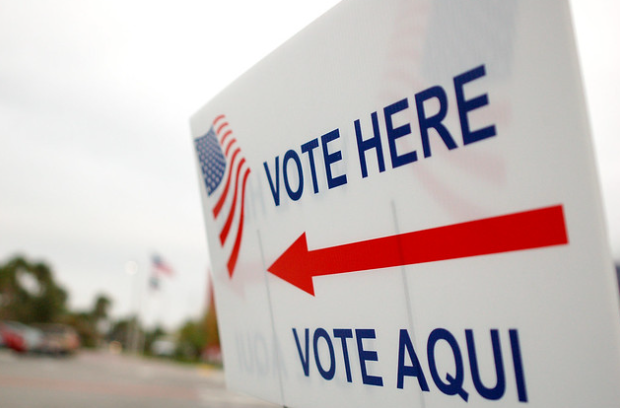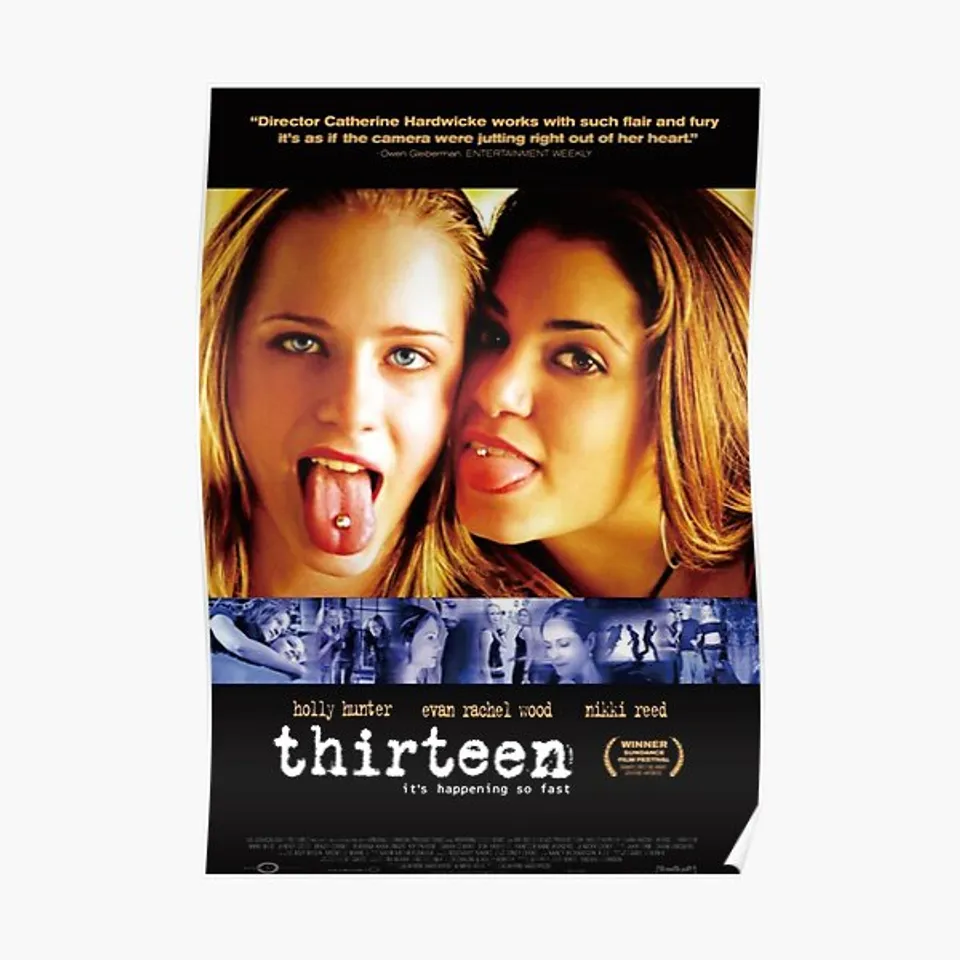How News Sources Affect Political Polarization
December 21, 2020
How does it affect your beliefs when your social media feeds and news sources are only telling you biased or one-sided information? Why do we surround ourselves with people with the same or very similar political views to us? Many would say it’s because we like feeling right, we enjoy feeling comfortable in what we know, or because people feel scared or threatened when they see a different perspective on the news and often jump to the conclusion that it’s a “lie” or “hoax.” This close-minded attitude is one of the main causes of political polarization.
Pew Research Center defines political polarization as “the vast and growing gap between liberals and conservatives, Republicans and Democrats.” One of the largest motives for political polarization is extremely biased news sources. For example, conservatives orient strongly around Fox News. Nearly half of consistent conservatives (47%) name it as their main source for government and political news, as do almost a third (31%) of those with mostly conservative views. No other source comes nearly as close.
A possible cause of conservatives flocking around a few news sources is the popular “catchphrase” used by Donald Trump himself, “fake news.” During his candidacy to now, he has applied the label of fake news to virtually any media, including the “failing” New York Times, NBC, ABC, CBS, CNN, and other media outlets he disagrees with or doesn’t like. A poll conducted by Monmouth University reported that three out of four Americans believe that the media routinely report fake news. According to a Gallup/Knight Foundation study, 42 percent of Republicans consider any news stories that cast a political group or politician in a negative light to be fake news. Trump has used this phrase as a weapon to shoot down any news source that disagrees with him.
Ironically, one thing many Americans seem to agree on is a dislike of polarization itself. Most people would prefer it if we could all just get along. The problem is they think the other side is to blame, said Robert Talisse, a Vanderbilt University philosophy professor who studies political polarization. “Everyone wants a more congenial, less-heated and less-aggressive brand of politics,” Talisse said, “but we also think the aggressors are only the people on the other side.”
The big question that remains is whether consuming all this news affects or changes people’s views, or simply hardens original beliefs. “People who spend more time with messages that bolster their views are more likely to engage in political action, something that’s very desirable from a democratic point of view,” Knobloch-Westerwick said to Live Science. This question could be compared to which came first, the chicken or the egg. There is no way to prove whether people watch conservative style news because they already agreed with it, or whether the news made them agree with it. Overall, we can agree that people enjoy living in an echo-chamber. In other words, when someone says something they believe, they love to hear it come back at them from all angles. The only way to end political polarization is to listen to other views with a truly open mind, and attempt to find common ground with people from every political party.





















































































































































